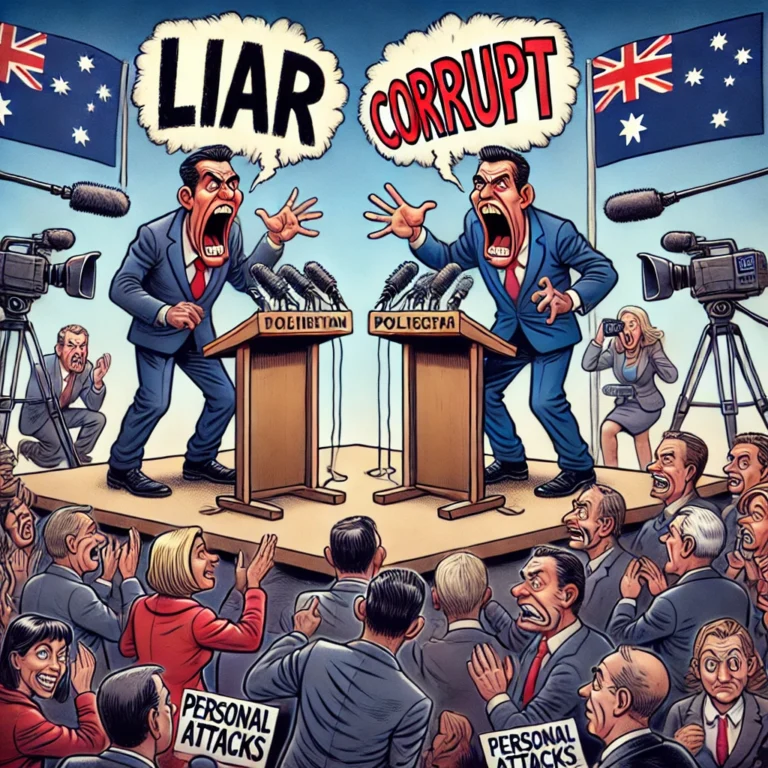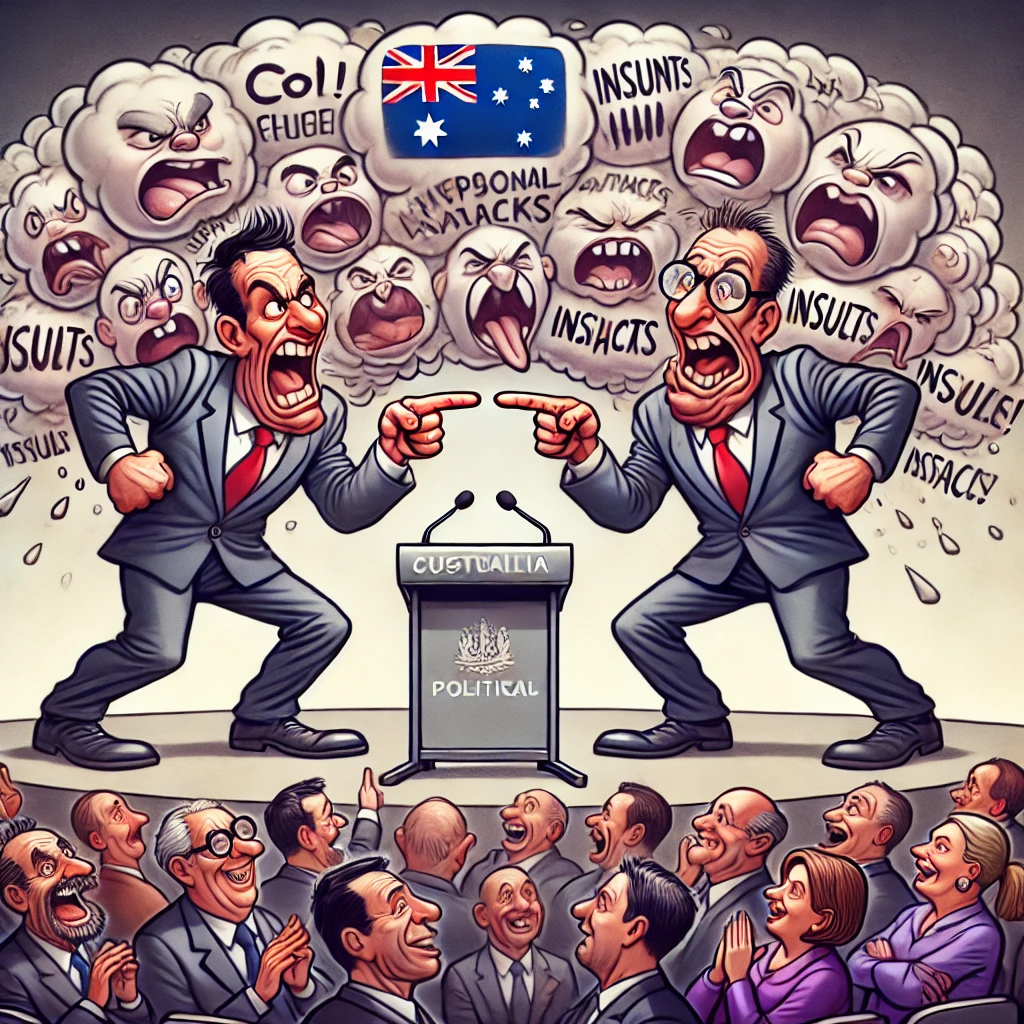

Understanding Political Dynamics in Australia
The Australian political landscape has recently caught the attention of many observers. As debates heat up and campaign trails become more contentious, some have drawn parallels between the current climate in Australia and more controversial tactics seen globally.
Current Political Climate
In recent weeks, a notable incident occurred where a high-profile Australian mayor voiced concerns about the escalating divisiveness in national politics. The mayor criticized the strategies employed by some politicians, highlighting a perceived shift towards more aggressive and confrontational approaches that, according to him, could undermine the fabric of political discourse.
Key Points of Criticism
Several points were raised by the mayor regarding the state of political affairs:
- Increased Polarization: The mayor expressed worry over the growing divide between different political factions, which is leading to a more fragmented society.
- Character Attacks: There is a noticeable rise in personal attacks against political opponents instead of focusing on policy debates.
- Distrust in Institutions: The mayor noted a growing mistrust in public institutions, which he believes is fueled by certain political narratives.
Impact on Public Perception
Public perception plays a crucial role in the democratic process. The mayor’s remarks have sparked discussions on:
- Voter Engagement: How negative campaigning may affect voter turnout and engagement.
- Policy Making: The influence of aggressive political strategies on effective policy making.
- Media’s Role: The impact of media coverage on amplifying divisive rhetoric.
Voter Engagement
Engagement with the electoral process is essential for a thriving democracy. However, when politics becomes a battleground of personal vendettas, it can:
- Dishearten voters who feel disillusioned by the lack of substantive dialogue.
- Increase voter apathy and decrease participation in elections.
- Polarize communities based on allegiance to political personalities rather than policies.
Policy Making
A stable and cooperative political environment is vital for sound policy making. When political tactics focus heavily on discrediting opponents, the emphasis on effective policy can wane, leading to:
- Irrelevant discourse overshadowing crucial policy issues.
- Fragmented legislative processes, inhibiting the passage of essential laws.
- The temptation for politicians to engage in populist strategies rather than substantive policy discussions.
Role of Media
Media plays an indispensable role in shaping public opinion and political narratives. In a contentious political environment, media coverage can:
- Amplify divisive rhetoric by giving more airtime to contentious statements.
- Promote sensationalism over factual reporting to boost viewership and readership.
- Influence voter perceptions by prioritizing inflammatory content over balanced journalism.
Calls for Change
The concerns raised have not gone unnoticed. There are growing calls from various sectors of society for a change in the way political discourse is conducted. Some suggestions include:
- Focus on Policies: Encourage debates centered around policies rather than personalities.
- Promote Civility: Advocate for respectful discourse among political candidates and their supporters.
- Strengthen Institutions: Work towards rebuilding trust in public institutions by ensuring transparency and accountability.
Focus on Policies
Political engagement should prioritize:
- Detailed discussions on pressing issues like climate change, healthcare, and education.
- Addressing socio-economic inequalities through well-thought-out policies.
- Promoting long-term strategic planning over short-term gains.
Promote Civility
A more civil approach to politics would involve:
- Leaders setting an example by refraining from personal attacks.
- Encouraging constructive dialogue among opposing parties.
- The public holding politicians accountable for inflammatory rhetoric.
Strengthen Institutions
To restore faith in public institutions, steps could include:
- Enhancing transparency in political processes.
- Implementing mechanisms for greater public participation and accountability.
- Providing comprehensive education on the importance of robust institutions for democracy.
Conclusion
The current political climate in Australia is a cause for concern among many, particularly when it leads to increased polarization, character attacks, and a declining trust in institutions. There is a significant need for stakeholders at all levels to work towards fostering a more respectful and policy-focused political environment. By addressing these concerns, Australia can ensure a healthier democratic process and a more united society.